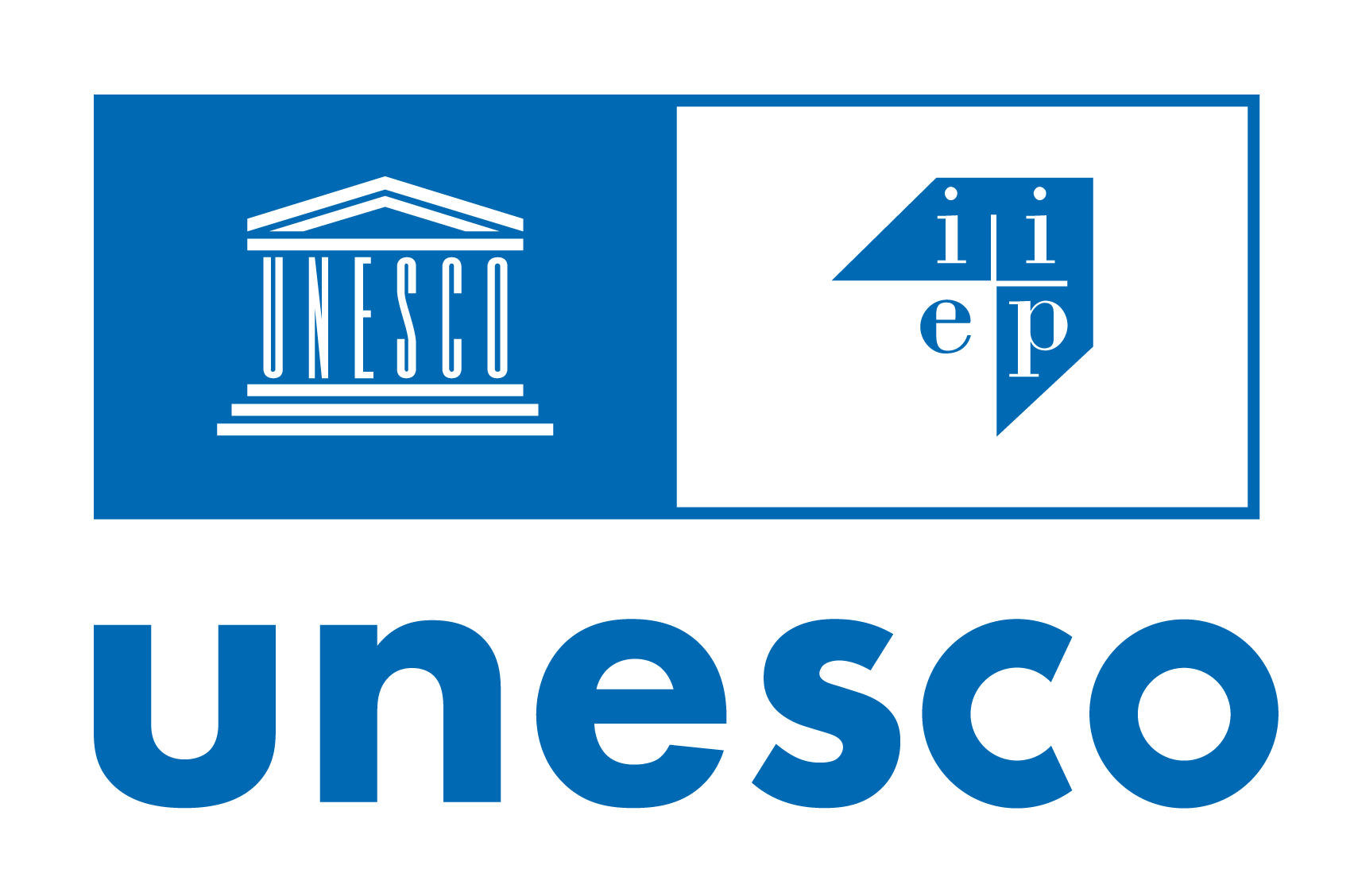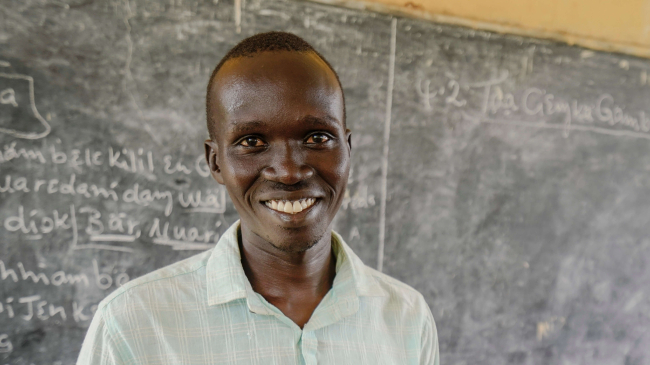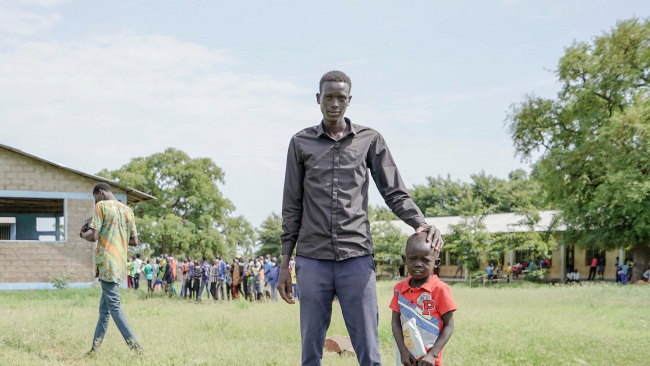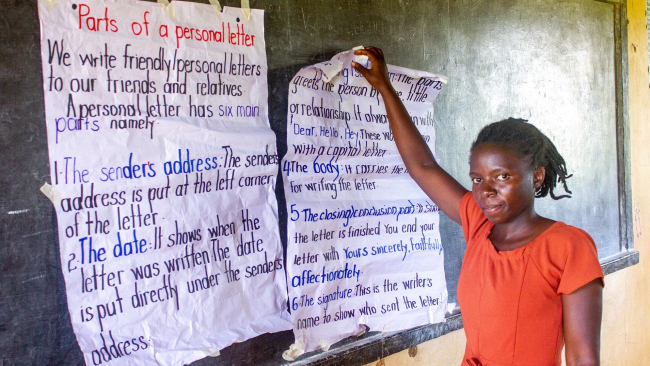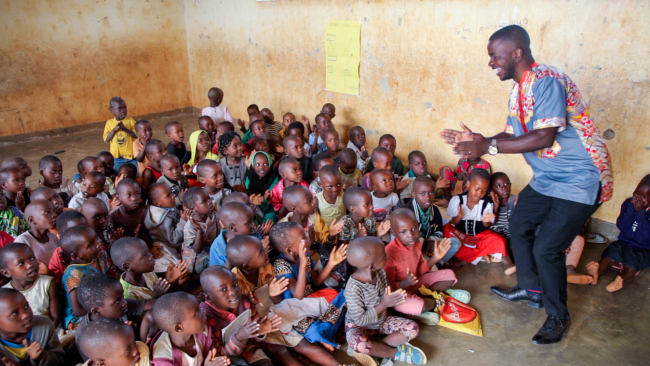The worldwide pandemic of COVID-19 has forced higher education institutions to shift from face-to-face to online education. However, many public institutions, especially in developing countries, often do not have access to formal online learning management systems (LMS) for facilitating communication with students and/or among faculty members. This research empirically examines the extent to which social media sites are adopted by faculty members and students for sustaining formal, i.e., sole and official tools, academic communication. For this purpose, online questionnaire surveys, supplemented with in-depth interviews, were undertaken with both faculty members and students. The results showed that students’ personal usage of social media has promoted its effective usage for sustaining formal teaching and learning. However, significant differences were found between faculty members and students regarding social media usage for student support and building an online community. Students used social media for building an online community and supporting each other, whereas faculty members were focused on teaching and learning exclusively. The results confirm that proper usage of social media could promote a new era of social learning, social presence and an alternative platform to foster online learning. Research implications for higher education policymakers, especially in developing countries, and scholars are discussed.
Year
2020
Pages
18
Periodical
Sustainability, 12(16)
Themes
Resource Types
Languages
